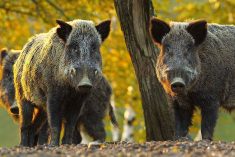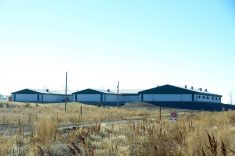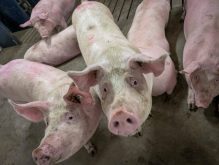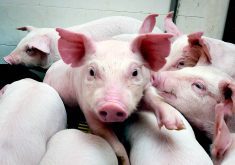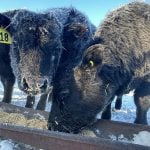If African swine fever ever found its way into wild pigs in Canada, exports of pigs and pork would come to a screeching halt — even if commercial hog farms were totally free of infection.
But food inspection agencies in Ottawa and Washington have come up with a plan to “minimize trade impacts while protecting the swine populations in both countries.”
The agreement would still see borders close if a wild pig was found to be infected with African swine fever. That means the halt of exports or imports of pigs, swine germplasm and virtually all pork products (save ones that have undergone thermal heat treatment to kill the virus).
Read Also
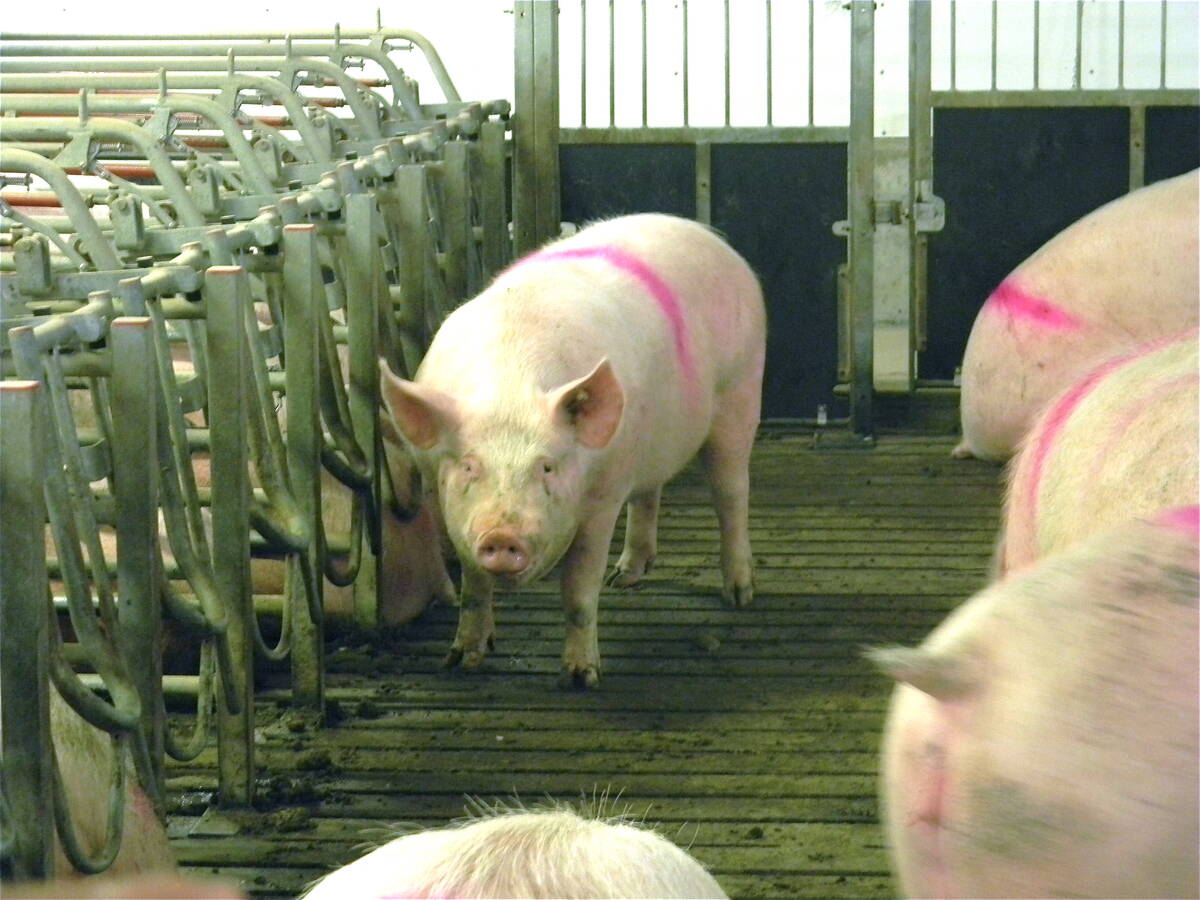
PRRS: The $1.4B ‘mystery’ still haunting hog farmers
For 30 years, this highly mutative virus has devastated the pork industry, outsmarting vaccines and requiring extreme biosecurity to control.
But it would allow either country to create “control zones.” Areas outside those zones would be considered to be disease free and could resume exporting live pigs, semen, meat and animal byproducts, said Dr. Jaspinder Komal, Canada’s chief veterinary officer.
German pig farmers suffered heavy losses because prices plunged when African swine fever was confirmed in wild boars along its border with Poland last fall. No commercial farms have been infected but Asian countries, including China, banned German pork imports after the first cases were found.



